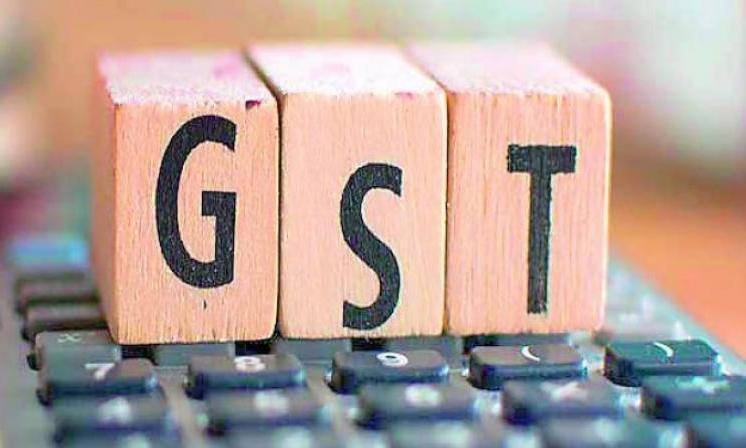Business
GST Cuts on Essentials to Ease Cost of Living for Many

New Delhi has announced significant reductions in Goods and Services Tax (GST) rates on essential items, set to take effect on September 22, 2023. The decision, approved by the GST Council chaired by Union Finance Minister Nirmala Sitharaman, aims to make necessities such as food, clothing, and housing more affordable for the middle class and wider society as the festive season approaches.
The council’s decision encompasses a broad range of everyday essentials. GST on various food items, including staple products like roti and paratha, will see a reduction from the current rate of 5% to nil. Other items such as ultra-high-temperature milk, chhena, and paneer will also benefit from this exemption. Additionally, numerous processed foods—including packaged snacks, sauces, and chocolates—will have their GST reduced from 12% or 18% to 5%.
Impact on Clothing and Housing Sectors
In a noteworthy move for the textile industry, the council corrected the long-standing inverted duty structure affecting man-made textiles. The GST rate on man-made fibre will drop from 18% to 5%, while man-made yarn will decrease from 12% to 5%. This reform aims to enhance the competitiveness of domestic textile manufacturers.
The housing sector will also experience relief, with GST on cement being reduced from 28% to 18%. Additionally, labour-intensive goods such as marble and granite blocks will see their tax cut from 12% to 5%. These changes are expected to benefit construction costs and ultimately support homebuyers.
Health Sector Reforms
The health sector will experience significant tax reductions as well. GST will be eliminated on 33 life-saving drugs, while three crucial medicines for cancer and rare diseases will also see their tax cut to nil. The rates for various medical equipment, including diagnostic kits and gauze, will be reduced from 12% to 5%, and from 18% to 5% for certain medical devices.
Following the announcement, the government issued clarifications to address common queries regarding the revised GST rates. For instance, the decision to exempt all Indian breads from GST was confirmed, while clarification was provided on the tax implications for carbonated beverages. The government noted that the increase in tax for these items is intended to maintain the previous tax levels following the cessation of the compensation cess.
As these reforms prepare to take effect, the government reassured citizens that the detailed rates will be published on the CBIC website, ensuring transparency and accessibility for the public. The upcoming changes are expected to alleviate the financial burden on many households, especially during the festive celebrations of Dussehra and Diwali.
The GST Council’s latest decisions mark a significant step towards enhancing affordability and accessibility for essential goods and services, reflecting a broader commitment to support all sections of society during challenging economic times.
-

 World2 months ago
World2 months agoSBI Announces QIP Floor Price at ₹811.05 Per Share
-

 Science1 month ago
Science1 month agoNew Blood Group Discovered in South Indian Woman at Rotary Centre
-

 Lifestyle2 months ago
Lifestyle2 months agoCept Unveils ₹3.1 Crore Urban Mobility Plan for Sustainable Growth
-

 Sports1 month ago
Sports1 month agoBroad Advocates for Bowling Change Ahead of Final Test Against India
-

 Sports1 month ago
Sports1 month agoCristian Totti Retires at 19: Pressure of Fame Takes Toll
-

 World2 months ago
World2 months agoTorrential Rains Cause Flash Flooding in New York and New Jersey
-

 Top Stories2 months ago
Top Stories2 months agoKonkani Cultural Organisation to Host Pearl Jubilee in Abu Dhabi
-

 Science2 months ago
Science2 months agoNothing Headphone 1 Review: A Bold Contender in Audio Design
-

 Top Stories2 months ago
Top Stories2 months agoAir India Crash Investigation Highlights Boeing Fuel Switch Concerns
-

 Business2 months ago
Business2 months agoIndian Stock Market Rebounds: Sensex and Nifty Rise After Four-Day Decline
-

 Politics2 months ago
Politics2 months agoAbandoned Doberman Finds New Home After Journey to Prague
-

 Top Stories2 months ago
Top Stories2 months agoPatna Bank Manager Abhishek Varun Found Dead in Well









